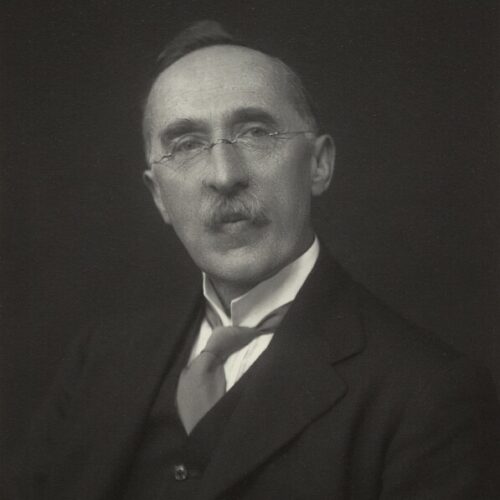

Conscience is older than any existing Church or creed.
George Peabody Gooch, Under Six Reigns (1958)
George Peabody Gooch was a historian, journalist, editor, MP, and President of the Ethical Union (now Humanists UK) 1933-5. By the time of his presidency, he had already been part of the Ethical movement for close to four decades, and was a vocal supporter of many of the early humanist movement’s major focuses, including non-theological moral education, and international cooperation. Born into a wealthy London family, he broke with the Conservative politics of his upbringing and became a Liberal MP. As well as of the Ethical Union, he was President of the Historical Association, and of the National Peace Council, this trio encapsulating his central interests in humanity, history, and world peace.
The classics in which I was bred have bequeathed to us nothing finer than the familiar words: Homo sum, humani nihil a me alienum puto. No one can repeat that resonant confession of faith with deeper conviction than an octogenarian historian.
George Peabody Gooch, Under Six Reigns (1958)
George Peabody Gooch was born at home on 21 October 1873 at 8 Porchester Gate in Kensington, London, to cultured and affluent parents, Charles Cubitt Gooch, a merchant banker, and Mary Jane, the daughter of the Norfolk clergyman, Reverend Edmund Blake of Bramerton. He appreciated this affluence, stating that ‘the late Victorian era was the golden age of the bourgeoisie, and I had the good fortune to grow up in a cultivated and comfortable home’. A voracious reader from an early age, he spent a great deal of time in the family library, cultivating his love for the literary classics. This passion was further developed during his studies at Eton College from 1885. He pursued philosophical and theological studies at King’s College, London, between 1888 and 1891, and was further educated in Berlin and Paris. A bequest from his father’s will enabled Gooch to pursue history under the tutelage of Sir John Laughton at King’s College. He augmented his love of the subject at Trinity College, Cambridge from 1891 to 1894, along with English, French Literature, and German. He subsequently obtained a first-class degree in the historical tripos, and went on to lead what could only be described as a phenomenally accomplished life.
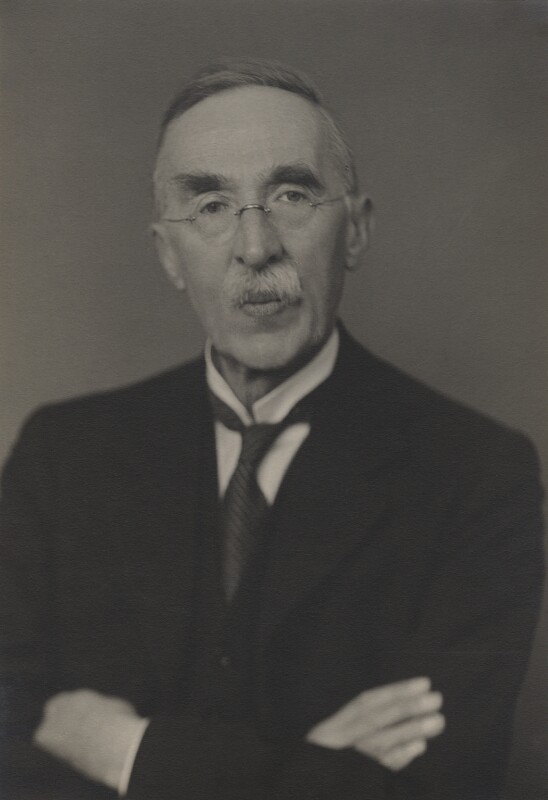
This included his notable, albeit comparatively brief, political career. Between 1906 and 1910, he sat in Parliament as the Liberal MP for Bath, specialising in foreign affairs. He twice attempted re-election, once in 1910 and then in 1913, for the Reading seat. After successive defeats for re-election, he gave up his political career. He was consistently declamatory in his criticisms of Nazism and foreign policies unsupportive of peace; his most ferocious objections appeared reserved for the imperialist ideals of Joseph Chamberlain, and British foreign policies supported by Sir Edward Grey, the latter of which led to the South African War (Second Anglo-Boer War) in 1899, and as espoused in The War and its Causes in 1900.
Demonstrably well versed in home and foreign strategies, he became joint editor (with Aldophus William Ward) between 1922 and 1923 of The Cambridge History of British Foreign Policy, a collection of comprehensive observations of British foreign policies, and British Documents on the Origins of the War (with Harold Temperley), 1898–1914, and 1926–1938. He was also a journalist, editing the Contemporary Review, a monthly publication discussing world affairs, from 1911 to 1960. Gooch was also the author of volumes displaying his historiographical and diplomatic considerations, which included Studies in Modern History, English Democratic Ideas in the Seventeenth Century, and Victors of Peace.
Gooch was President of the Historical Association between 1922 and 1925, and of the National Peace Council 1933–1936. The latter organisation was a facilitator of other organisations and national bodies with an active interest in global disarmament, internationalisation, and peace. Such was his political influence that during the First World War, he was employed by the history department of the Foreign Office and was requested to prepare materials to accompany the British delegation to the Paris Peace Conference of 1919-1920. In 1933, Gooch was made President of the Ethical Union. In 1935, he delivered the Conway Memorial Lecture on ‘Dictatorship in Theory and Practice’, in which he called on everyone to work for the protection of democracy, saying:
Democracy, like the League of Nations, is a venture of faith, requiring steadiness of temper no less than unresting endeavour. The larger wisdom is to hold fast to our principles, which were not lightly adopted, and to our liberties, which were not easily won.
George Peabody Gooch, ‘Dictatorship in Theory and Practice’, Conway Memorial Lecture, 13 March 1935
Gooch’s philosophical views are described as pragmatic-idealistic, with the history of international relations remaining critical throughout. Despite his comprehensive knowledge and scholarly approach to his work, which saw him hailed as a doyen of English historians, he never held any academic position, preferring to impart his ideas through his editorial, journalistic, and political work. A liberal internationalist, Gooch was well-known for the skilled interrelation of his editorial, historical, philosophical, and political work, inspiring affection and commanding genuine respect among his peers and beyond. He became lifelong friends with Lord Acton, the Regius Professor of Modern History at Cambridge, who mentored him throughout his journey at the institution, and with politicians such as Lord Morley and Lord Haldane. He was also lifelong friends with Bertrand Russell, the humanist mathematician and philosopher, and Jan Smuts, the former Prime Minister of South Africa. All that being said, likely the greatest attributes he possessed were his social and philanthropic ideals, and the warmth and friendship he readily extended to humankind throughout his life, especially towards those less fortunate. Aware of his own social and financial privileges, he was unafraid to be critical of others bestowed with the same benefits who were not—as he felt obligated to be—‘dedicated… to the service of humanity’.
I have always thought and felt as a responsible citizen of the world, ever mindful of the underlying unity of the vast and quarrelsome human family.
George Peabody Gooch, Under Six Reigns (1958)
The US President, Woodrow Wilson, once said, ‘there is no higher religion than human service. To work for the common good is the greatest creed’. George Peabody Gooch led a life dedicated to the common good, in line with his humanist beliefs. His humanitarianism was evidenced through his participation in varied social causes: he voted in favour of the Women’s Enfranchisement Bill 1907, and was active in the temperance movement, peace movement, and the Charity Organisation Society. He supported the introduction of old-age pensions, and advocated greater support for children in poverty.
Described by Harold Laski, the humanist economist and political theorist, as ‘the most learned man in England today’, Gooch said of himself that he was born ‘with a warm heart, an inquiring mind, and an adequate income’, all of which he put to good use in and for the betterment of humanity. He is, therefore, best summed up, through a proclamation made by his friend Lord Acton, as ‘a man of rare ability and attainment’.
By Aqua Koroma
This article is part of a series on members of the early ethical societies, made possible by The National Lottery Heritage Fund.
Main image: George Peabody Gooch by Walter Stoneman, bromide print on card mount, 1930 © National Portrait Gallery, London
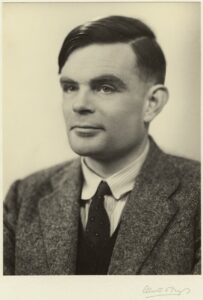
We can only see a short distance ahead, but we can see plenty there that needs to be done. Alan […]
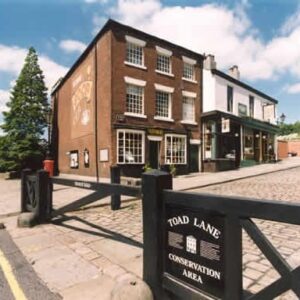
Rochdale Pioneers Museum occupies the building at 31 Toad Lane where, in 1844, 28 working class people came together to […]
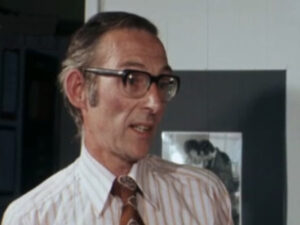
Belfast-born Jack McDowell was an activist, educator, politician, and atheist, whose humanism was evident in a lifetime of work for […]
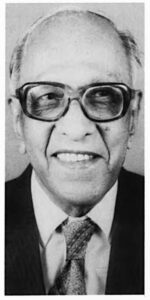
The basic human value is freedom, which means the right of a human being to live a human life. V.M. […]